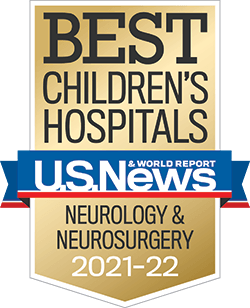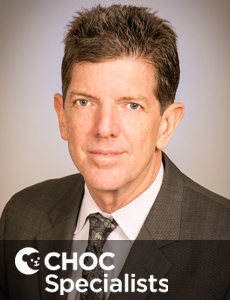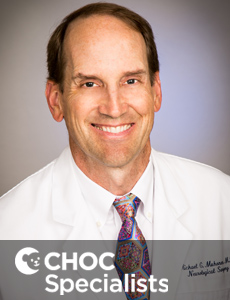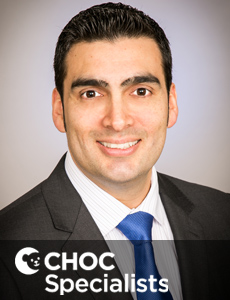What is Moyamoya?
Moyamoya is a rare brain disease caused by a blockage in the artery supplying blood to the brain. Moyamoya means “puff of smoke” in Japanese, which describes the look of the blood vessels that are tangled together to form the blockage, as seen on an MRI.What causes and risk factors are related to Moyamoya disease?
There is no known direct cause of Moyamoya, but it is more commonly found in children of Asian descent, or children who have had brain radiation.Disorders related to Moyamoya disease
Children with other disorders that affect blood flow to the brain can be diagnosed with Moyamoya, including:What are the symptoms of Moyamoya disease?
Moyamoya can occur at any age, but doctors find there are two peak incidence periods—between the ages of five and 10 years in children, and between 30 to 50 years in adults. One of the most common symptoms seen in a child with Moyamoya syndrome is a stroke caused by the lack of blood supply to the brain. Other symptoms may include:- Partial temporary paralysis
- Headaches
- Seizures
- Involuntary movements
- Vision problems
What tests are used to diagnose Moyamoya disease?
To diagnose Moyamoya, there are a few tests that will be done to map the blood flow to the brain and give an accurate visualization of the existing blood flow to various areas of the brain.- Magnetic resonance imaging (MRI) and magnetic resonance angiography (MRA) – An MRI and MRA, when used together, provide two useful diagnostic images: the MRI gives an in-depth image of the brain and the MRA offers proper visualization of the blood flow.
- Cerebral angiogram – Once initial testing shows the appearance of Moyamoya, a cerebral angiogram is often used to determine the level of blockage and severity of the problem, and to help doctors decide on treatment. Using a small needle, contrast dye is injected and followed through the veins, mapping out the exact routes that blood flows to and from the brain.
- CT angiography – In certain cases, low-dose computerized tomography (CT) angiography can be used, especially when emergent studies need to be performed.

















